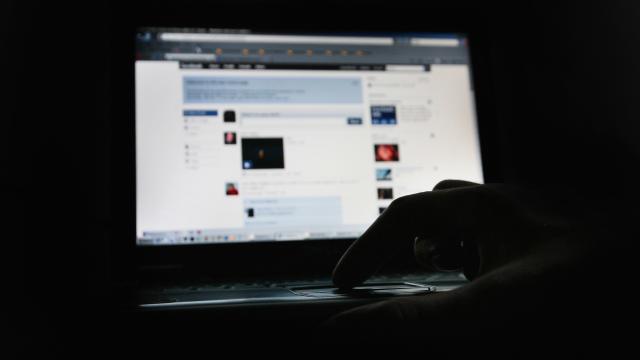Online harassment has existed for as long as online has existed, and as access speeds up and expands, it’s only getting worse and more nuanced. A newly released report from the Digital Rights Foundation, a feminist nonprofit in Pakistan focused on digital freedom, spotlights timely data collected on harassment in the country. None of the findings are particularly shocking, but they do point to the latest troubling trends.
The data comes from the foundation’s cyber harassment helpline and spans two years, from December 2016 to November 2018. According to the report, Facebook- and WhatsApp-related complaints were the most common by a wide margin. There were 660 complaints related to Facebook, or 29 per cent of all complaints, and 220 complaints regarding WhatsApp, which Facebook owns. The foundation notes that the most common issues people are reaching out to the helpline for are the nonconsensual usage of information, blackmailing, hacking, unsolicited contact, and defamation. The organisation provides legal counsel, digital security support, and mental health counseling for those who reach out.
The hotline saw a staggering increase in complaints related to WhatsApp recently, according to the report, up from 2.9 per cent of all complaints to 9.5 per cent in the last six months. More specifically, in the past two months, there was a jump in reported WhatsApp phishing calls, in which hackers posed as credible organisations, like a game show or a government agency, in order to compromise users’ accounts.
Since the helpline launched at the end of 2016, the nonprofit stated that it’s received 2,781 calls in total with a spike in monthly calls last November. It’s also received 134 complaints by email.
The end of the report details some pretty damning examples of what some of the individuals reached out to the helpline for. A 17-year-old girl reached out for help after a hacker got into her Snapchat account and accessed sexually explicit photos she had saved in Memories. The hacker threatened to leak the photos if she didn’t send him more. Another woman—someone in the Pakistani entertainment industry—had her intimate photos and videos leaked on porn sites and social networks without her consent by an ex partner. Lastly, someone reached out to the helpline after an unknown individual set up a fake profile online and sent threatening messages to her and her friends. An investigation revealed that the harasser was her fiancé.
These findings are, of course, hardly surprising or unique to women in Pakistan, but they illuminate the growing issues among vulnerable communities and reflect that they show no signs of slowing down.
